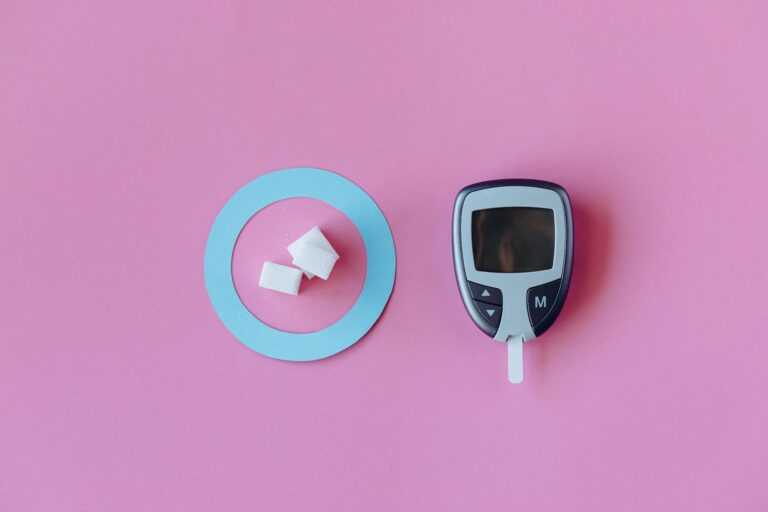Our bodies have a hidden clock ticking away inside us, one that doesn’t always match the number of candles on our birthday cake. This secret timer is called biological age, and it can be very different from our chronological age—the actual years we’ve lived. While you might be 40 years old by birth date, your body could be acting like it’s 50 or maybe even 30, depending on how well—or poorly—it has aged.
Biological age measures the wear and tear on your organs and tissues. It reflects how much damage has built up over time in systems like your heart, kidneys, lungs, bones, and brain. This damage accumulates due to many factors: genetics, lifestyle choices like diet and exercise, environmental exposures such as pollution or smoking, stress levels—and even random chance.
Scientists have found clever ways to estimate this hidden age by looking at tiny parts of our DNA called telomeres—protective caps at the ends of chromosomes that get shorter every time cells divide. When telomeres become too short, cells can no longer renew themselves properly and start to malfunction or die off. Another method involves studying DNA methylation patterns—chemical tags added to DNA that influence gene activity without changing the genetic code itself. These patterns shift with aging and help reveal how “old” a cell really is.
Why does this matter? Because biological age predicts health better than chronological age alone. Two people born in the same year may face very different futures: one might enjoy robust health into old age while another struggles with chronic diseases early on. If your biological clock is running fast—meaning your body shows signs of advanced aging—you could be closer to what some call your “secret expiration date.” That doesn’t mean you’ll suddenly stop living tomorrow but rather that your risk for illnesses linked with aging increases sooner than expected.
The good news is biological aging isn’t set in stone; it can sometimes be slowed down or even partially reversed through lifestyle changes such as eating nutritious foods rich in antioxidants, staying physically active regularly, managing stress effectively through mindfulness or relaxation techniques—and avoiding harmful habits like smoking or excessive alcohol consumption.
Researchers are also exploring cutting-edge science aimed at turning back cellular clocks directly within tissues—a field showing promise but still far from everyday use for humans.
So while none of us knows exactly when our bodies will reach their final limit—the moment when life’s functions cease—we do know there’s more going on beneath the surface than just counting birthdays. Paying attention to how we live today influences not only how long we live but also how well we thrive along the way.
Your body’s secret expiration date might seem mysterious because it’s invisible—but understanding it gives you power over time itself: not just adding years to life but adding life to those years.





